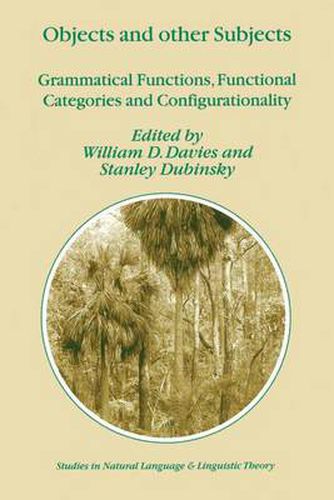Readings Newsletter
Become a Readings Member to make your shopping experience even easier.
Sign in or sign up for free!
You’re not far away from qualifying for FREE standard shipping within Australia
You’ve qualified for FREE standard shipping within Australia
The cart is loading…






This title is printed to order. This book may have been self-published. If so, we cannot guarantee the quality of the content. In the main most books will have gone through the editing process however some may not. We therefore suggest that you be aware of this before ordering this book. If in doubt check either the author or publisher’s details as we are unable to accept any returns unless they are faulty. Please contact us if you have any questions.
According to Platonists, entities such as numbers, sets, propositions and properties are abstract objects. But abstract objects lack causal powers and a location in space and time, so how we could ever come to know of them? Cheyne presents a systematic and detailed account of this epistemological objection to the Platonist doctrine that abstract objects exist and can be known. Since mathematics has such a central role in the acquisition of scientific knowledge, he concentrates on mathematical Platonism. He also concentrates on our knowledge of what exists, and argues for a causal constraint on such existential knowledge. Finally, he exposes the weaknesses of recent attempts by Platonists to account for our supposed Platonic knowledge.
$9.00 standard shipping within Australia
FREE standard shipping within Australia for orders over $100.00
Express & International shipping calculated at checkout
This title is printed to order. This book may have been self-published. If so, we cannot guarantee the quality of the content. In the main most books will have gone through the editing process however some may not. We therefore suggest that you be aware of this before ordering this book. If in doubt check either the author or publisher’s details as we are unable to accept any returns unless they are faulty. Please contact us if you have any questions.
According to Platonists, entities such as numbers, sets, propositions and properties are abstract objects. But abstract objects lack causal powers and a location in space and time, so how we could ever come to know of them? Cheyne presents a systematic and detailed account of this epistemological objection to the Platonist doctrine that abstract objects exist and can be known. Since mathematics has such a central role in the acquisition of scientific knowledge, he concentrates on mathematical Platonism. He also concentrates on our knowledge of what exists, and argues for a causal constraint on such existential knowledge. Finally, he exposes the weaknesses of recent attempts by Platonists to account for our supposed Platonic knowledge.